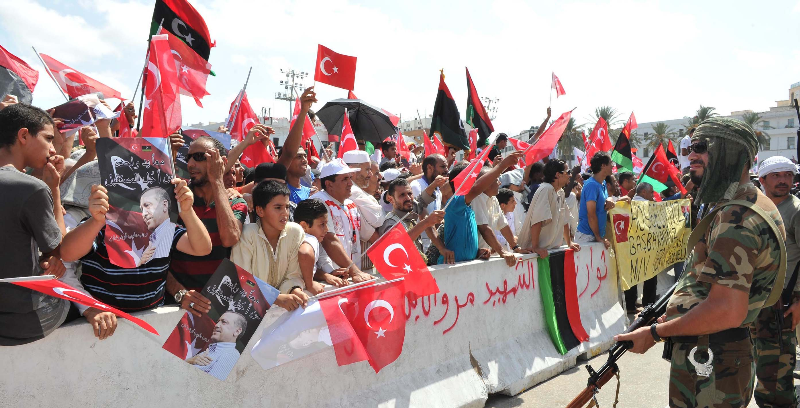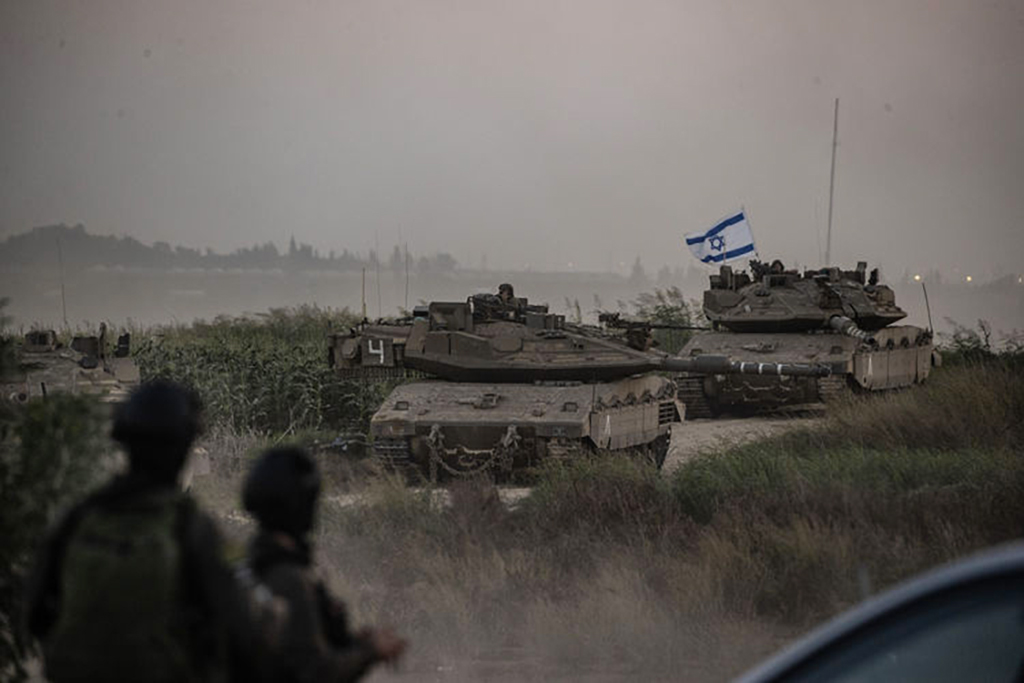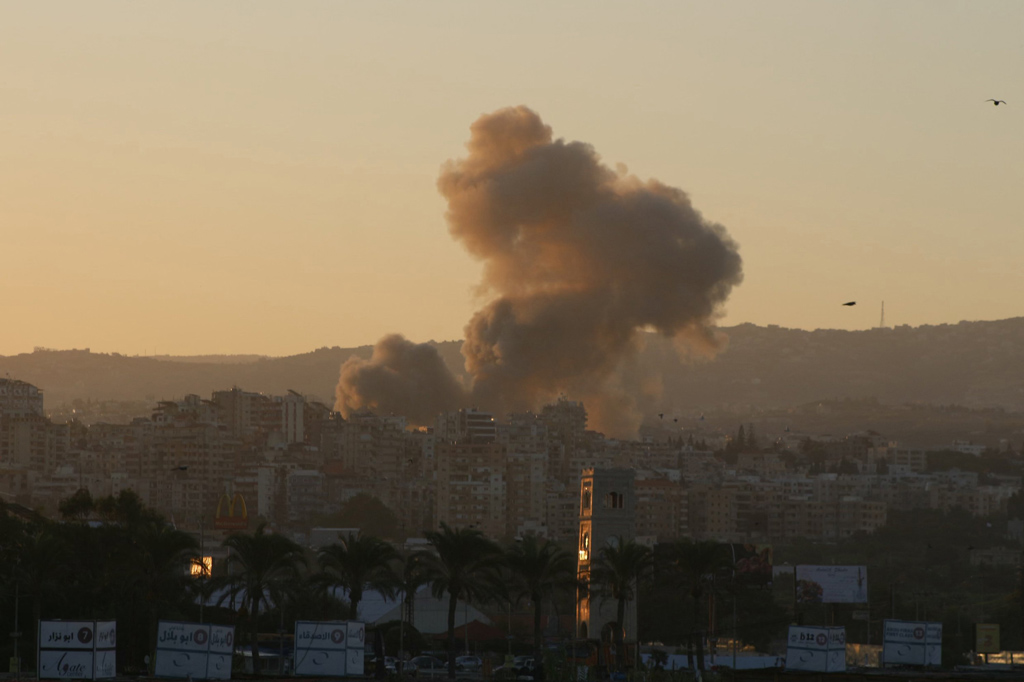We must also dwell on the ignored effects of the Arab Spring on Turkey. Just as Turkey had a role in the transformation of the Arab world, the Arab world will also play a significant role in the formation of the new Turkey. First of all, Turkey’s relations with the countries affected by the Arab Spring have recently increased tremendously. There has been an intensive interaction between public officials, NGOs, universities, businessmen and ordinary people. As such, Turkish intellectuals, NGOs and the media did not have difficulty in finding local information sources with regard to the social dynamics shaping the Arab Spring.
As a result, while the Middle East was not at all included in the agenda of the old Turkey, it started to be treated as almost a “domestic issue” for the new Turkey. Even the Turkish media, which had difficulties in getting rid of the habits of the old Turkey in terms of both its ideological orientation and quality of journalism, has quickly begun to adapt to the new situation. To gain a better sense of the implication of this development, we can compare it with the reaction of the Turkish media, the Turkish Armed Forces and the civilian bureaucracy toward former Prime Minister Erbakan’s government visit to Islamic countries in 1996. The reaction to Erbakan’s visit was so strongly negative that it was used as an excuse for the infamous military intervention of Feb. 28, 1997. We can observe a stark contrast with the reaction toward Erdoğan’s Arab Spring tour in September 2011. While Erdoğan was accompanied by the current generals from the Turkish Armed Forces, Erbakan was the very target of the military. Further to that we witness a visible decline in the impact of the Orientalist tendencies in the perception of the relationship with the Arab world in the media.
Turkey has refreshed its social and historical memory of each and every country that experienced change and revolution. The Arab image in Turkish society is in a process of dramatic transformation and re-imagination. Accordingly, a different image is set to replace what has been presented as “the Arab image” or “the Arab world” during the period of the radical modernization in the early Republican era. In the following years, we will probably see that the Turkish social imagination will refresh its memory, coming to erase the negative legacy created by the radical secular modernization.
While seeking to tackle the challenges of covering the Arab Spring, the Turkish media has tried to remedy its lack of capacity in dealing with the Arab world. The debate on its lack of capacity in the end has turned into a debate on Turkish modernization’s glaring neglect of Arab affairs. Similarly, thanks to the Arab Spring, a Turkish state capable of talking with the Arab world for the first time in its modern history has emerged. The bureaucracy of the new Turkey tries to keep up with this new period in an impatient and sometimes inexperienced way but has acted self-confidently in adapting to the developments in the Arab world. In brief, the Arab Spring is poised to spark an unexpected adjustment and transformation in Turkish bureaucracy and civil society.









